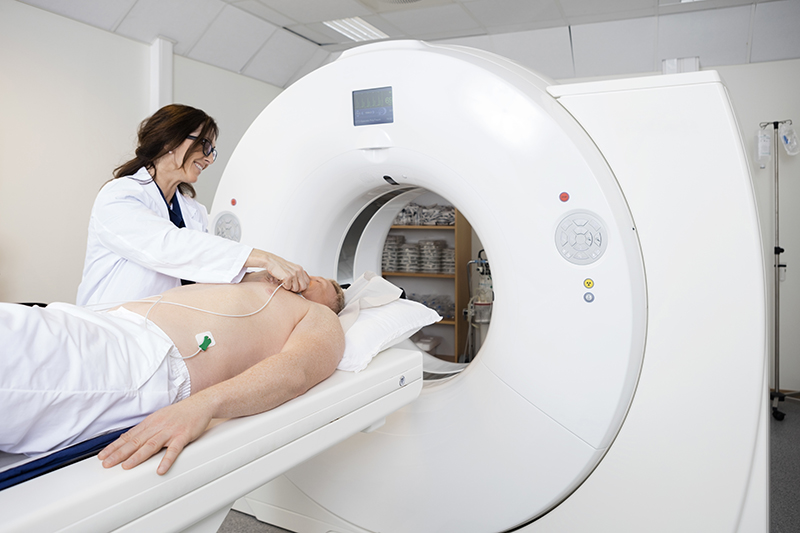What do the results of a calcium score test mean?
A calcium score test is a non-invasive procedure used to detect the presence of calcium in the arteries. The test is used to evaluate an individual’s risk for heart disease and can help guide treatment decisions. Calcium score test results can range from 0 to over 400. A score of 0-10 indicates a low risk of heart disease, a score of 11-100 indicates a moderate risk of heart disease, and a score of 101-400 indicates a high risk of heart disease. Treatment recommendations will vary based on the individual’s score and other risk factors.
Amount of calcium in the coronary arteries:
The calcium score test is a non-invasive procedure used to detect the presence and severity of coronary artery disease. The test uses a special type of x-ray called computed tomography (ct) scan to take pictures of the heart and its blood vessels. The CT scan measures the amount of calcium in the coronary arteries.
Coronary artery disease:
A high calcium score means that you have a high risk of coronary artery disease. This is because calcium is a build-up of plaque in the arteries. Plaque is a substance made up of fat, cholesterol, and other substances. Plaque can narrow the arteries and make it harder for blood to flow through them. This can lead to a heart attack or stroke.
Treatment:
If you have a high calcium score, your doctor may recommend treatment to lower your risk of coronary artery disease. Treatment options calcium score in Morristown, NJ include lifestyle changes, such as eating a healthy diet and exercising, and medications, such as statins.
Follow-up:
If you have a high calcium score, your doctor will likely recommend follow-up tests, such as a coronary angiogram, to further evaluate your risk of coronary artery disease. There are a few risks associated with the calcium score test, such as false-positive and false-negative results. However, these risks are rare. The calcium score test is a non-invasive way to assess your risk of coronary artery disease. The test is quick and easy to do, and it can help guide treatment decisions.
Limitations:
The calcium score test is not a perfect tool and it has some limitations. For example, the test cannot always tell the difference between plaque and calcium deposits that are not related to coronary artery disease. Also, the test is not always accurate in people with a history of heart disease or who have had a heart attack or stroke.
Conclusion:
The results of a calcium score test mean that there is a high likelihood of coronary artery disease.

